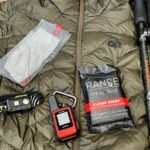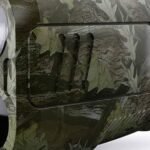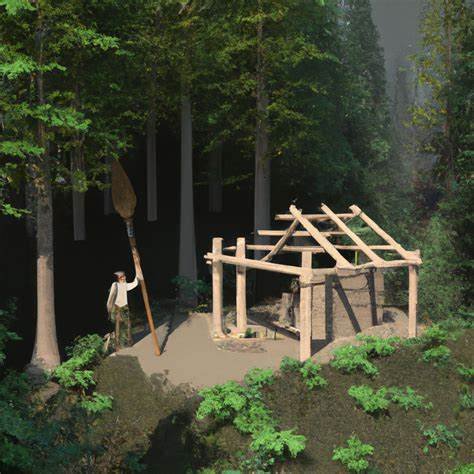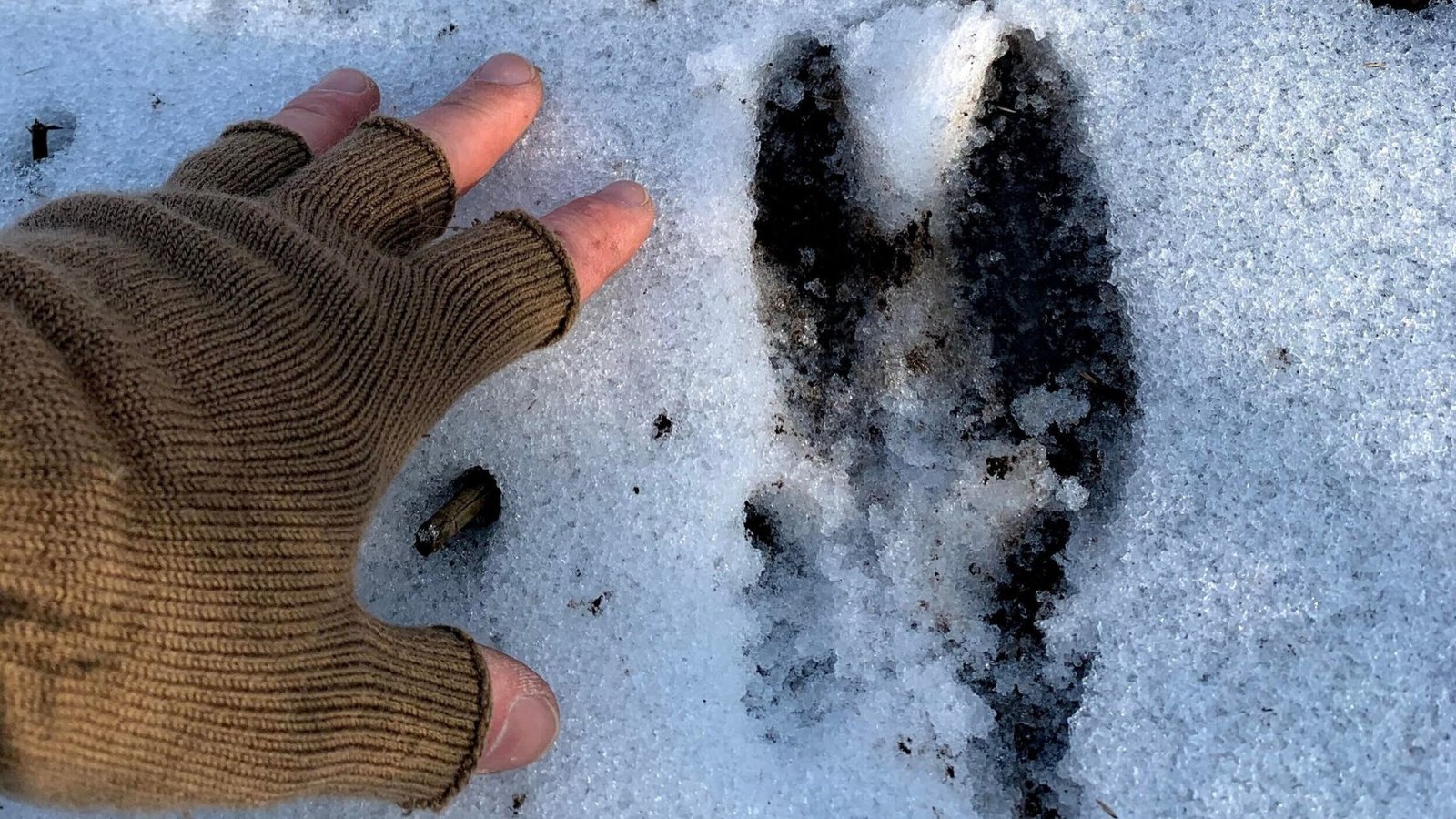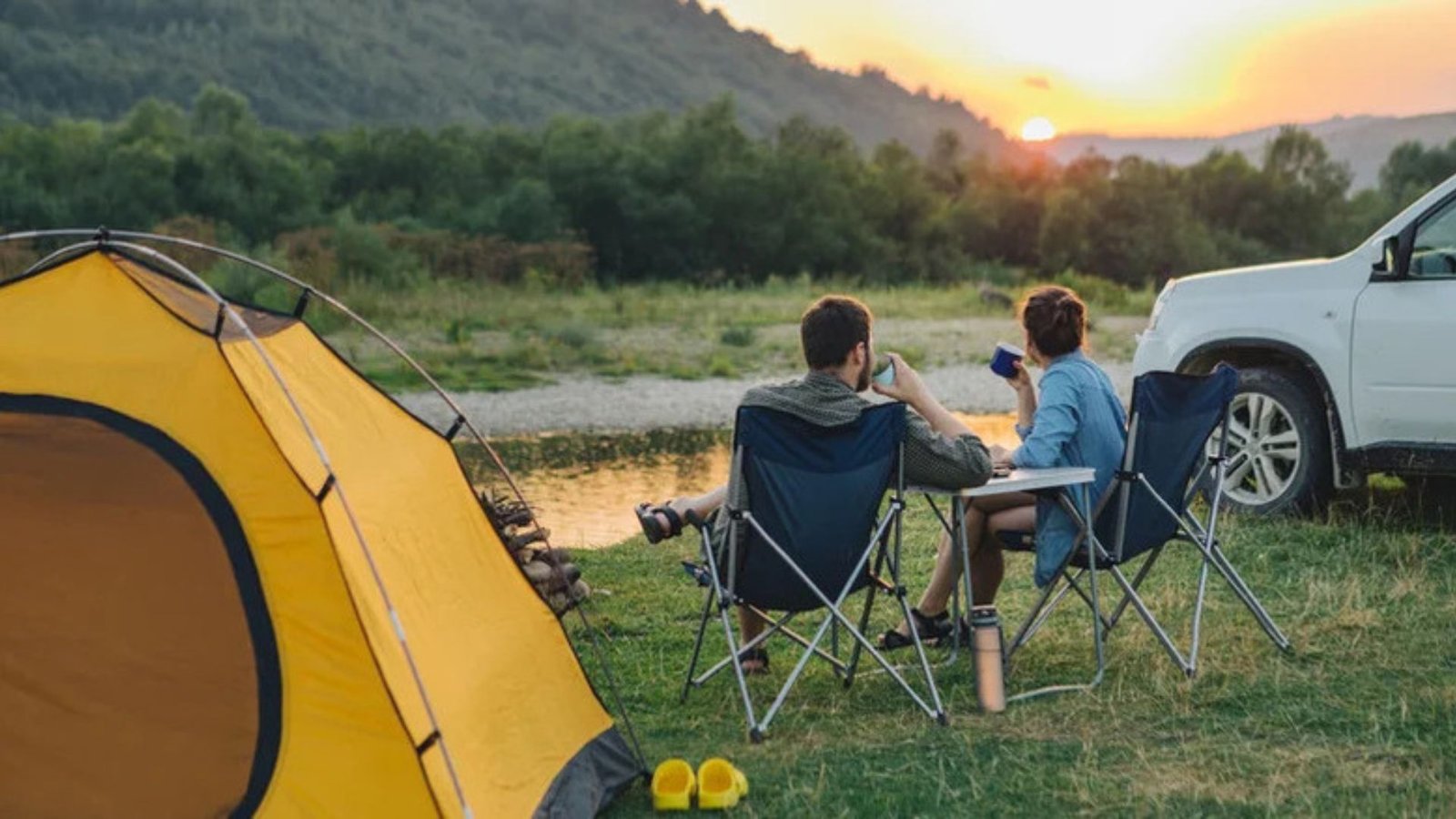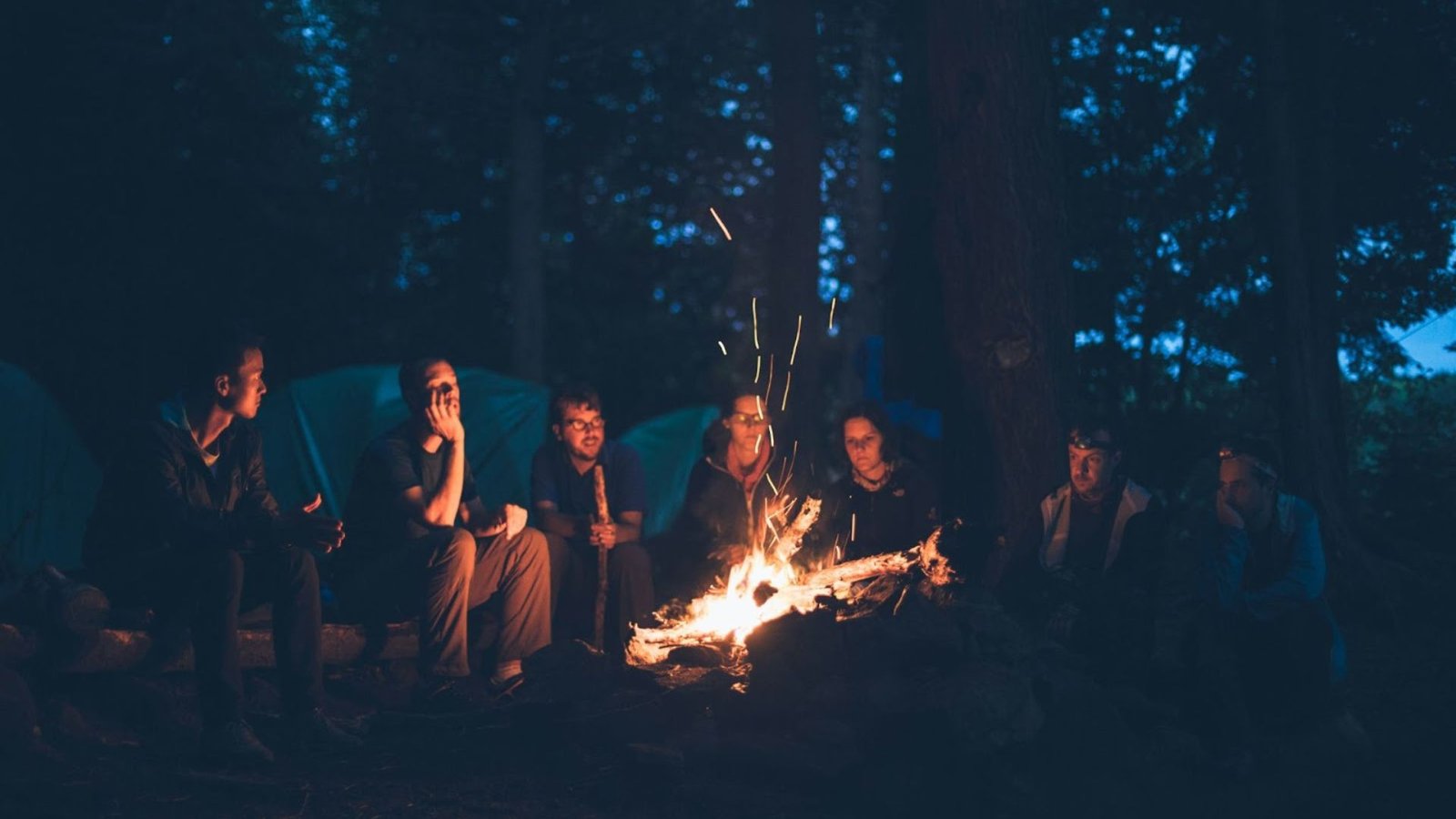A well-organized deer hunting camp can make the difference between a successful hunting trip and a frustrating experience. When your camp is efficient, it maximizes comfort, safety, and productivity, allowing you to focus on your hunt. Here’s how to structure your camp for optimal performance.
1. Choose a Logical Layout
The arrangement of your camp plays a significant role in its efficiency.
- Sleeping Area: Position your tents or sleeping quarters away from high-traffic areas to ensure quiet and rest.
- Cooking Area: Set up the cooking station downwind from sleeping and hunting gear to prevent the scent from contaminating them.
- Gear Storage: Create a dedicated space for hunting gear, keeping it organized and easy to access. Use waterproof containers or tarps for protection.
- Firepit Location: Place the firepit centrally but at a safe distance from tents and flammable materials.
2. Establish Clear Zones
Dividing your camp into functional zones reduces confusion and enhances efficiency.
- Food Prep Zone: Designate a space for meal preparation with a foldable table and storage for utensils and non-perishable items.
- Hunting Gear Zone: Keep all hunting gear in one area, sorted by type—rifles, ammunition, bows, arrows, and accessories.
- Relaxation Zone: Set up chairs or hammocks in a communal area for relaxation and socializing after the hunt.
- Waste Disposal Zone: Have a clear area for trash and waste management to keep the camp clean and hygienic.
3. Use Storage Solutions
Efficient storage prevents clutter and saves time when you need to find items quickly.
- Labelled Bins: Use plastic bins with labels for food, first aid, and hunting gear.
- Backpacks or Duffels: Assign specific bags for each hunter’s personal gear to avoid mixing items.
- Hanging Organizers: Hang organizers from trees or poles to store smaller items like headlamps, gloves, and tools.
4. Plan for Meal Prep and Cleanup
Efficient meal preparation ensures you spend less time cooking and more time hunting.
- Prepackaged Meals: Bring pre-prepared or easy-to-cook meals to save time.
- Camp Kitchen Kit: Include a portable stove, lightweight cookware, and biodegradable soap for quick cleanup.
- Water Filtration System: Ensure a clean and reliable water source by setting up a filtration system or bringing enough bottled water.
5. Streamline Morning Routines
Mornings are crucial for hunting, so streamline your routines for a quick start.
- Clothing Prep: Lay out your hunting clothes the night before to save time in the morning.
- Gear Check: Ensure weapons, scopes, and other tools are ready and positioned for easy access.
- Breakfast Plans: Opt for grab-and-go options like protein bars or oatmeal to fuel up quickly.
6. Prioritize Safety and Communication
Safety is paramount, and clear communication ensures everyone is on the same page.
- First Aid Station: Keep a well-stocked first aid kit in an accessible location.
- Two-Way Radios: Distribute radios among the group to stay in contact during hunts.
- Camp Rules: Establish basic rules for movement, fire safety, and waste disposal to maintain order.
7. Maintain Camp Cleanliness
A clean camp is not just about aesthetics; it also reduces the risk of attracting wildlife.
- Daily Cleanup: Assign roles for daily tasks like trash collection and gear organization.
- Scent Control: Store food and waste in sealed containers to prevent animal intrusions.
- Latrine Setup: Create a proper latrine area for waste disposal to maintain hygiene.
8. Optimize Gear Accessibilit
Quick access to gear is critical, especially in emergencies or early hunts.
- Packing Order: Pack frequently used items at the top of your bags or containers.
- Tool Rack: Set up a simple rack or pegboard for hanging tools like knives, binoculars, and rangefinders.
- Checklists: Keep a visible checklist to ensure nothing is forgotten when heading out.
9. Stay Adaptable
Conditions can change, so keep your setup flexible.
- Portable Structures: Use collapsible chairs, tables, and tents for easy adjustments.
- Weather Plans: Have tarps or covers ready to protect gear and living areas in case of rain.
- Contingency Plans: Prepare for unexpected situations like injuries or gear malfunctions with backup solutions.
10. Foster Team Collaboration
A team effort enhances efficiency and ensures the camp runs smoothly.
- Role Assignments: Assign specific tasks like cooking, fire maintenance, or gear prep to each member.
- Group Meetings: Hold short meetings to plan hunts, discuss progress, and address any issues.
- Shared Resources: Pool resources like tools and supplies to avoid redundancy.
Conclusion
An organized deer hunting camp is the foundation of a successful and enjoyable hunting trip. By carefully planning your layout, using smart storage solutions, and prioritizing safety and cleanliness, you can create a camp that supports your goals and enhances the overall experience. With these tips, you’ll be ready to make the most of your time in the great outdoors.





